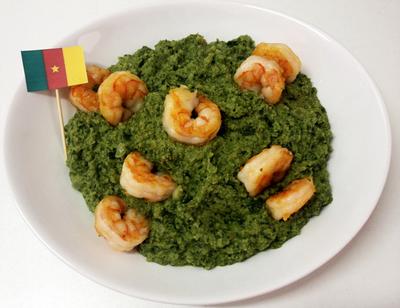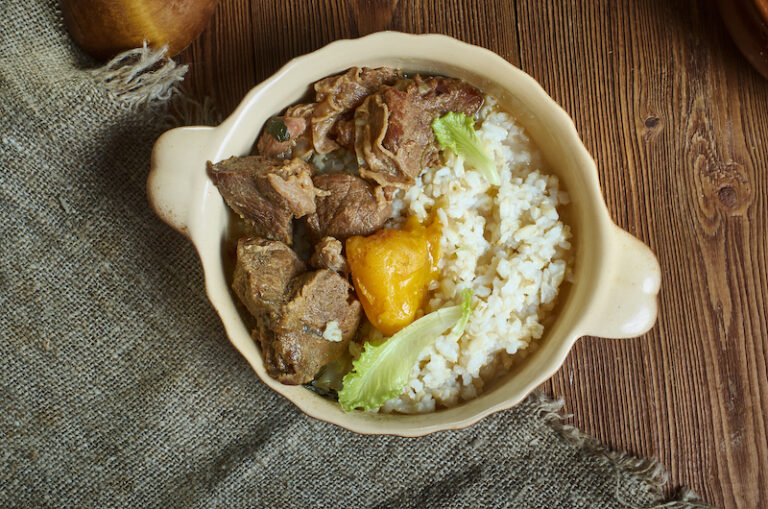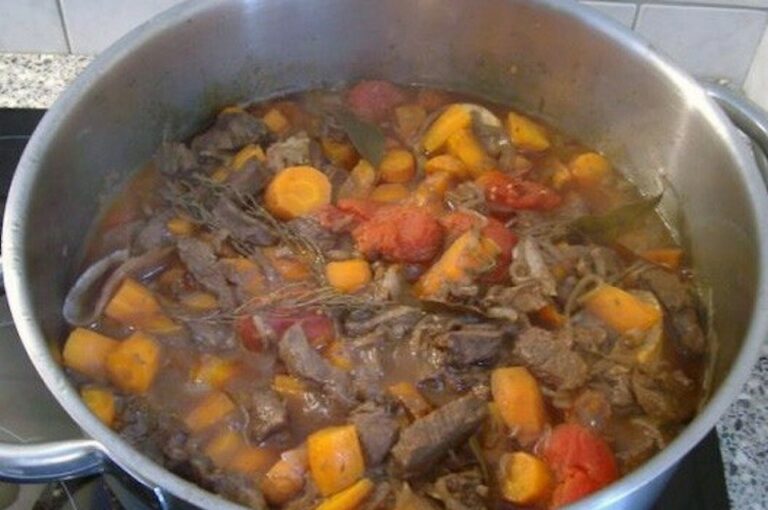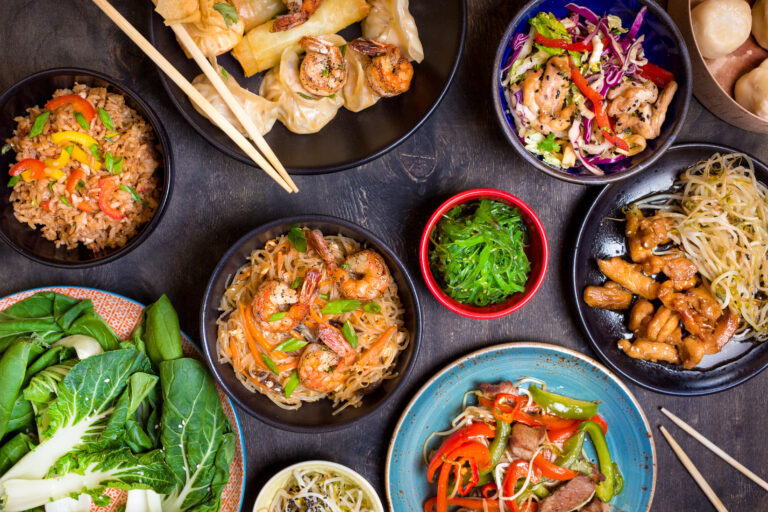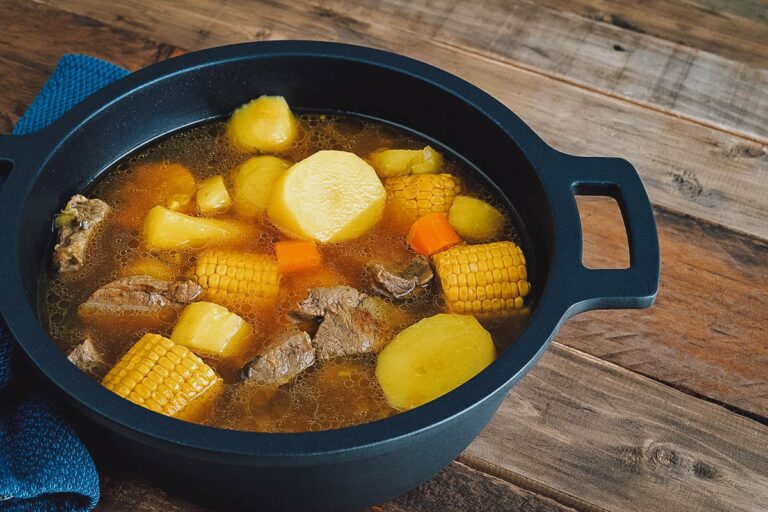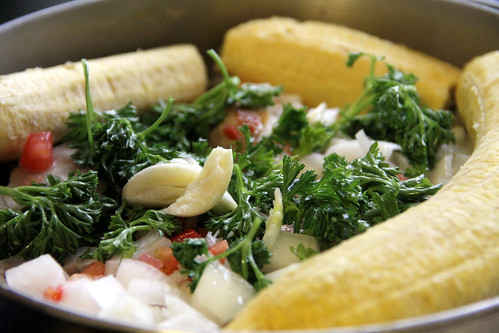Spring is in full swing now, summer is fast approaching and many of us will be spending more time outdoors. Many people go after extensive gardening. Because there are many possible jobs that need to be done around the house and in the garden. But the risk of injury is high here. Consequently, ensure more safety in the garden and thus ensure safe gardening.
More safety in the garden

Not long ago we talked about seasonal maintenance efforts, specifically how to stay comfortable with spring cleaning. In this post, we want to talk about further work in spring and summer. Because then the garden is often the focus of work and care. But many accidents happen in the garden. And not just because of carelessness, but because simple rules of conduct in the garden are ignored. We have therefore collected the most important tips for safety in the garden and when gardening.
1) Protect yourself from the sun and nature
Only when the weather is good do we start work that has to be done outside. Because when the temperatures rise and the sun shines again, we like to be outside. Then gardening will be fun again. But the beautiful weather also harbors dangers. To avoid sunburn, you should definitely use sunscreen with a sufficient sun protection factor. Also, keep in mind that insects are now becoming active again. It is therefore worth using an insect spray to protect yourself from insect bites. Also, read valuable tips for an insect-free household. Also, keep in mind that you should avoid thorny plants or poison ivy.
2) The right equipment for more safety in the garden
In order for you to succeed in gardening in summer, you should think about the right equipment for gardening. Use light, long-sleeved outerwear or weatherproof trousers, even if it is warm outside. Because this type of clothing can protect your skin from most of the dangers mentioned above. You should also wear sturdy and stable shoes for more safety in the garden. And other useful gadgets for gardening can also help to ensure sufficient safety and fun in your outdoor activities.
3) Drink enough water
Gardening in the summer will surely make you sweat. That means you’re losing fluids. Then one of the most important measures is to drink enough water. This way you avoid an unpleasant sunstroke or possible circulatory problems. On the other hand, a simple tip helps; You should always have a bottle of water within sight. Consequently, this serves as a small reminder to drink enough. So don’t assume you’ll go inside when you’re thirsty.
4) Observe the instructions for use of gardening tools
If you read the instructions for use of the gardening tools before using them, you can reduce sources of danger. This includes checking for loose screws and the general functionality of the equipment. As a result, you ensure more safety in the garden. In addition, be careful not to damage any cables while gardening

5) Important vaccination for gardening
If you work outside in the garden a lot, you should definitely have a tetanus shot. Tetanus is caused by bacteria found in the soil. They enter the body through open wounds and cause severe convulsions. A refresher should be done every 10 years. Vaccination against TBE is also important. Especially if you live in regions with many ticks, it is important to protect yourself from the disease.


